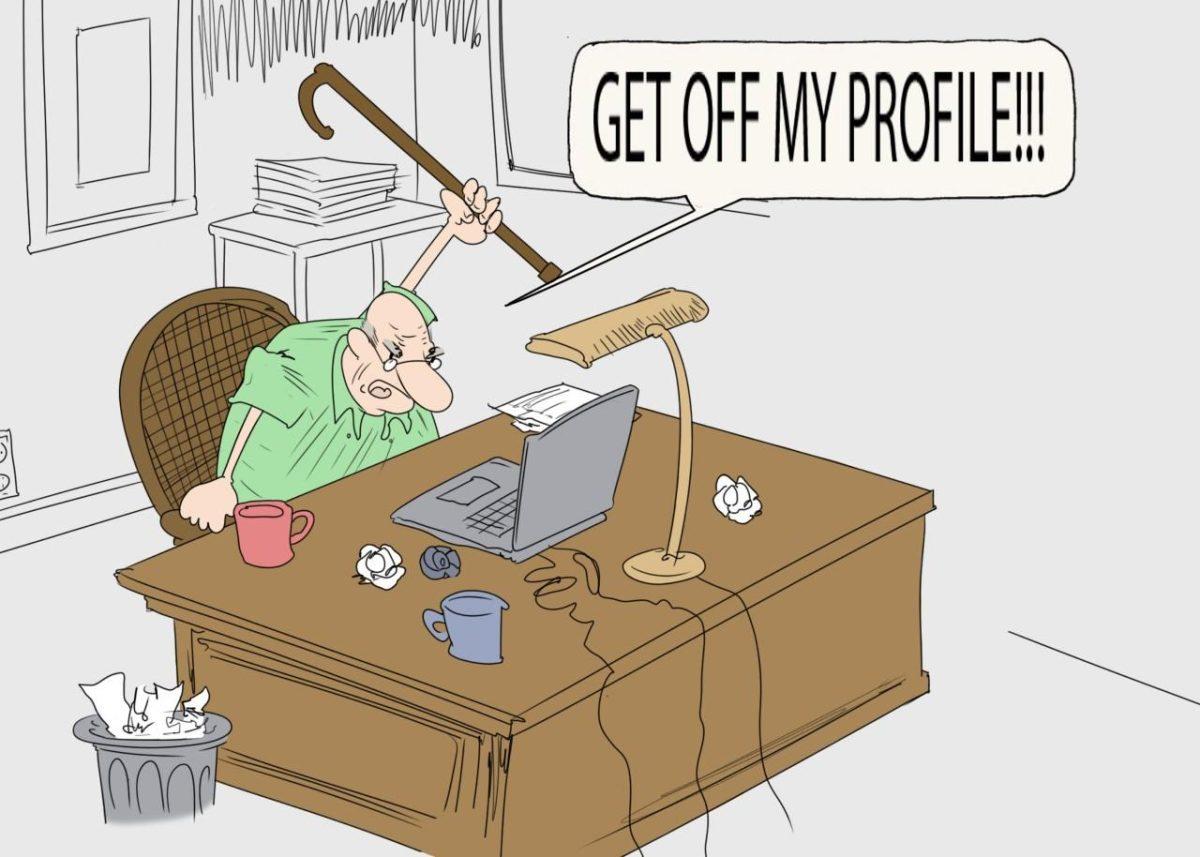A recent Pew Research poll has reported that, with roughly seven out of ten Americans regularly using it, social media is now a well-established cultural norm. It goes without saying that technology has dramatically impacted how we interact with one another. Every day we communicate with friends, family and strangers at unprecedented speeds across unfathomable distances.
However, this rapid advance in convenient communication has a dark side. Encounters on social media, by their nature, are often embedded with a dehumanizing sense of emotional distance and anonymity. Because of literal distance and the lack of instant consequences, people seem to interact online with a minimized sense of social decency or awareness, saying things that they would never say to someone in person.
Much of social media’s more negative implications are associated with young teens, whether it’s the risk of cyberbullying or the internalization of unhealthy beauty or lifestyle standards. The special attention paid to this more vulnerable demographic is absolutely understandable, especially since recent studies seem to indicate that current rates of social media usage is taking a toll on the mental health of young people.
However, I don’t think it’s sufficiently mentioned that the online behavior of adults is just as, if not more, toxic than that of teenagers. Poor attempts at political dialogue are usually the driving force behind adult conflict on the internet. I cannot open Facebook, which appears to the chosen platform for those over 35, without being berated by a seemingly endless volley of raging, over-zealous and unproductive political commentary.
Most of the political arguments I see on Facebook follow a similar pattern. The posts usually begin with an bubbling up of resentment coated in a thin veneer of logic. Then, as you might guess, they quickly devolve further into pseudo-intellectual slugfests that border on the pathetic cyberbullying usually pinned on children. It quickly becomes clear that the goal of the individuals has nothing to do with finding mutual understanding or solutions, but everything to do with damaging the other’s ego.
There is a less clear sense of someone else’s individual humanity when their presence is reduced to symbols on a screen. I think people on social media have an increased tendency to treat people as manifestations of the things they disagree with. The digital other, so to speak, becomes a scapegoat that can carry all the blame and dislike someone has for a certain group or ideology.
It would be ridiculous for us to pretend as if what happens online has no effect on us in real life. Social media is so often an inhospitable place, ruining moods and equipping us with unhealthy, emotionally deadening viewpoints. It is especially disheartening during this already stressful time when many are looking to technology for comfort and diversion.
Evan Leonhard is a 19-year-old English and philosophy freshman from New Orleans, Louisiana.
Opinion: Adults behave poorly online, are just as toxic as teenagers in their use of social media
April 10, 2020
Old man online cartoon





